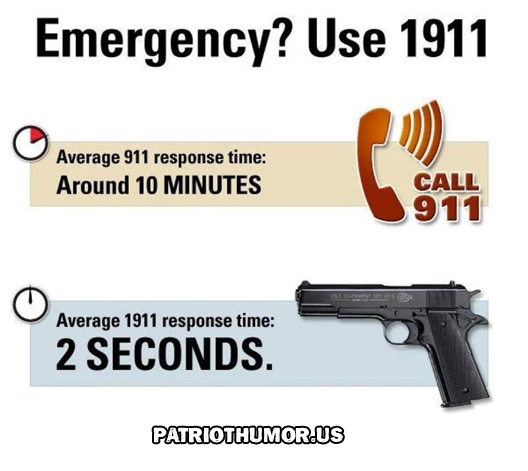Anon asks...
If I were to go out to a bar tonight, how would I go about bringing a girl home to f**k?
The Naked Listener writes...
You have to look good first. If girls rate you 8 or 9/10 then you have a shot, unless you plan on picking up the local barslut who has taken all the regulars.
Alcohol impairs judgement -- act confident and pretend you're deep, play it slick, and you might get a better rating. But most of it is all looks. If you look like shit, nobody is going to be interested.
To be honest, you have to go to a bar with a friend to get you talking. Keep the beer and laughs flowing. Then you chat up a girl.
Going by yourself will just have you looking like a depressed, drunk, old guy.
But if you dare go alone, you'll want three or four drinks in advance of going, and do another drink at the bar. Find a girls who's smiling or laughing, and just jump into the conversation with lies and bullshit. Say you went to Italy or Greece or some exotic place.
Be attractive. Dress nice. Be confident.
Which I'm assuming you're not any of the above.
Another anon butts in...
"I don't go out often. The few times I have gone out in the last two to three years, alone, nobody talks to me but gay men. It's still kind of nice to talk with people, but unfortunately I'm not gay, so... Our current culture means women are 'afraid' of men, because obviously we're all terrible and violent, so you're forced to 'approach' a woman, who will instantly be suspicious of you."Sunday, 9 May 2016






